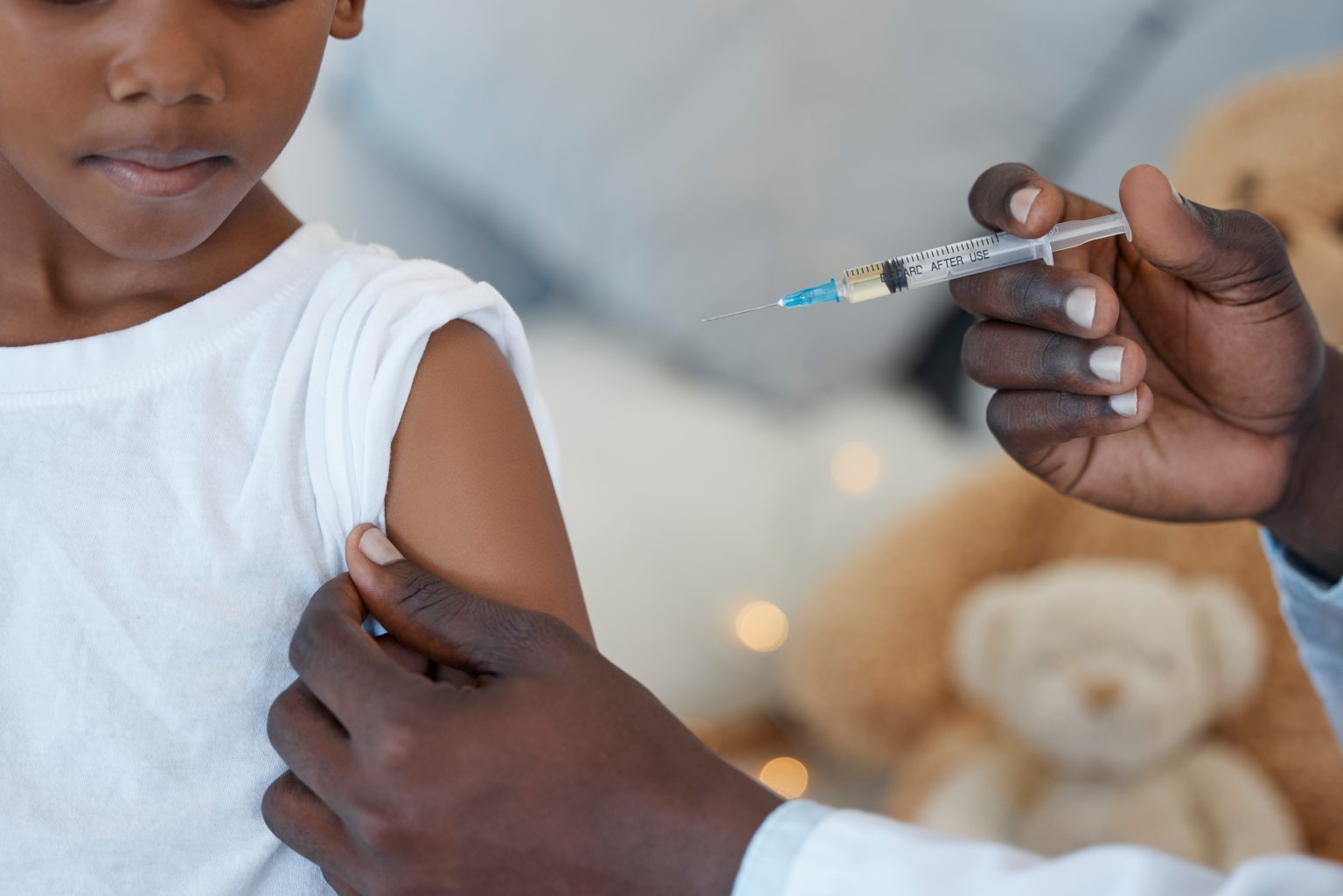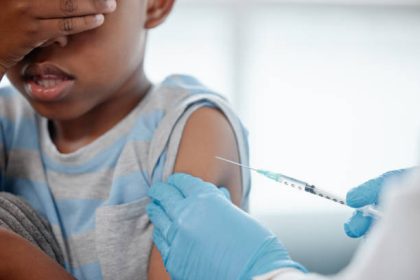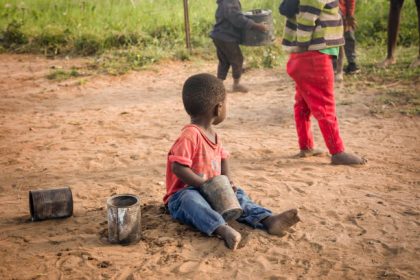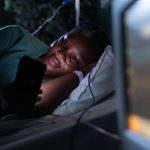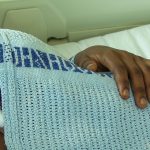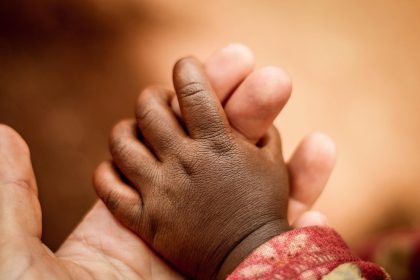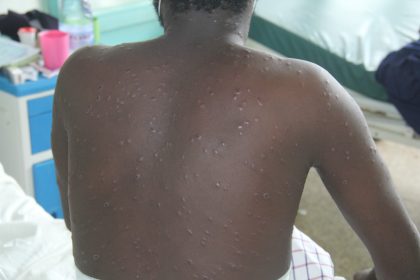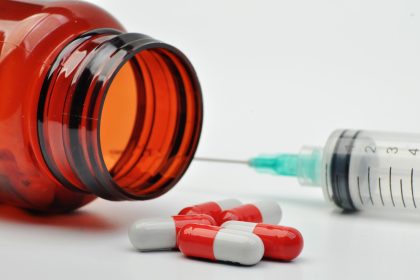‘The baby requires the first dose within two weeks of birth, and many of us are past that,’ says Rachel Ayuma from Homabay. ‘We are being subjected to other health risks by this shortage.’
Rachel Ayuma has visited four hospitals across Homa Bay County, desperately searching for vaccines for her three-week-old baby. Despite having a fresh caesarean section wound that has barely begun to heal, she’s been forced to carry her newborn from facility to facility.
“I have visited four hospitals, including a sub-county hospital and private facilities in Homa Bay county, in search of the BCG and polio vaccines,” Ayuma told Willow Health Media. “It’s stressful because the baby requires the first dose within two weeks of birth, and many of us are past that. We are being subjected to other health risks by this shortage.”
She finally secured a BCG vaccine after someone secretly tipped her that only the first 20 people would be considered. She had given up searching for the polio vaccine because “the constant movement is causing me immense pain on my C-section wound.”
The shortage stems from Kenya’s late payment of Ksh900 million—part of a vaccine acquisition agreement with UNICEF and Gavi, the Vaccine Alliance. Kenya still owes Ksh2.8 billion in arrears.Despite the arrival of 6.2 million doses of BCG and polio vaccines, distribution to remote counties hadn’t occurred by Friday, June 13.
Ayuma’s ordeal reflects the desperate situation facing thousands of Kenyan parents since a severe vaccine shortage began in January. Mothers Mmbone Luseno and Njeri Kigo have publicly sought help finding BCG and polio vaccines in Nairobi, while Samuel Kariuki said he was “just lucky” to secure vaccines at Better Living Hospitals. Daniel Ngulu spent hours queuing at Mbagathi Hospital for polio vaccines after getting BCG at Coptic Mission Hospital.
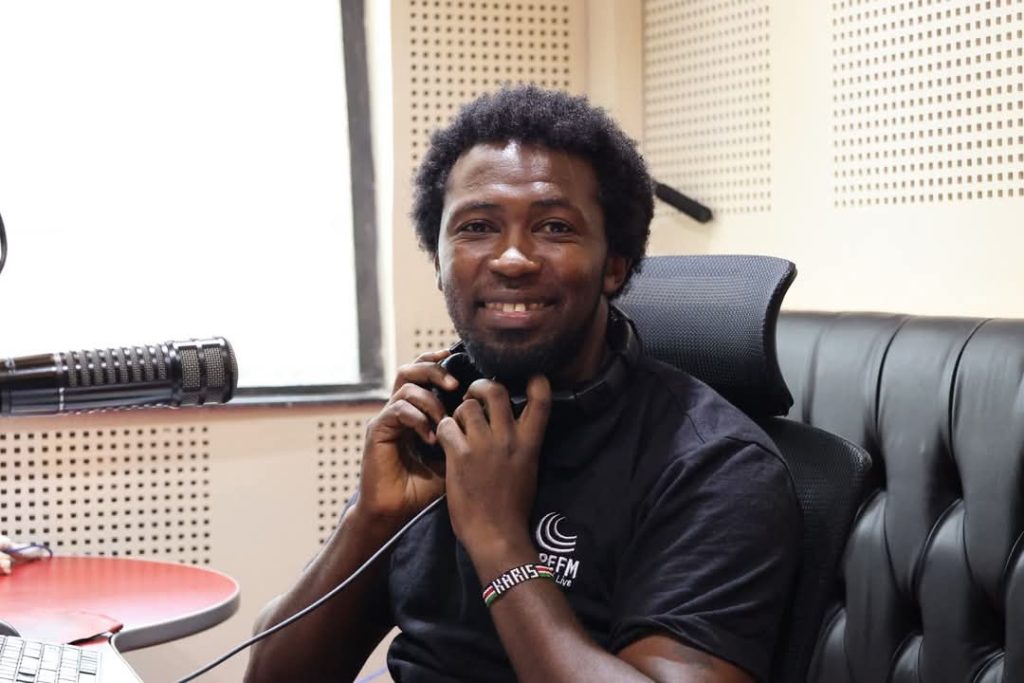
Principal Secretary for Medical Services Dr Ouma Oluga announced last week that Kenya was experiencing a ‘serious shortage’ of childhood vaccines—Bacillus Calmette-Guérin (BCG), Polio and Rotavirus. Whilst he said vaccines would be restocked within two weeks, thousands of children have already missed their scheduled immunisations.
A spot check at Turbo Sub-County Hospital and Mama Rachel Ruto County Referral Maternity Hospital in Uasin Gishu confirmed that vaccines remain unavailable. Dr Reuben Korir, facility manager at Mama Rachel Ruto Maternity Hospital, said: “…we have not received them. Immediately we receive them, we’ll utilise CHPs to inform the communities and help with follow-up for infants who missed the vaccines.”
The shortage affects 12 out of 47 counties, according to Health Cabinet Secretary Aden Duale.
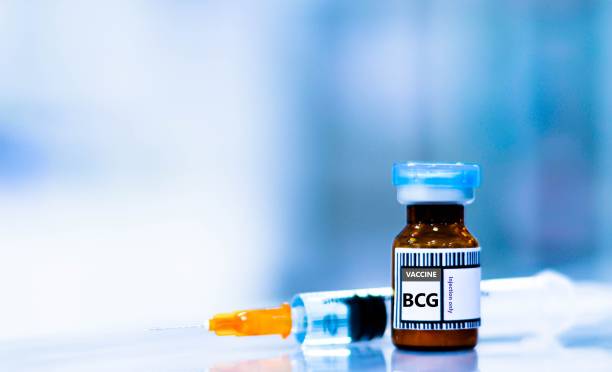
The vaccines protect against serious diseases. BCG guards against tuberculosis, polio prevents a viral disease-causing paralysis, and rotavirus protects against severe diarrhoea—a leading killer of children.
Dr Korir warned that missing vaccines could have “long-term negative effects on children” and that “If not vaccinated early and they contract polio or meningitis, the consequences may be severe and lifelong.”
Dr Evans Rono, a paediatrician at Ambience Children’s Hospital, explained: “If children miss the polio vaccine, they may end up contracting poliomyelitis, whose prevalence has been reduced through vaccination.”
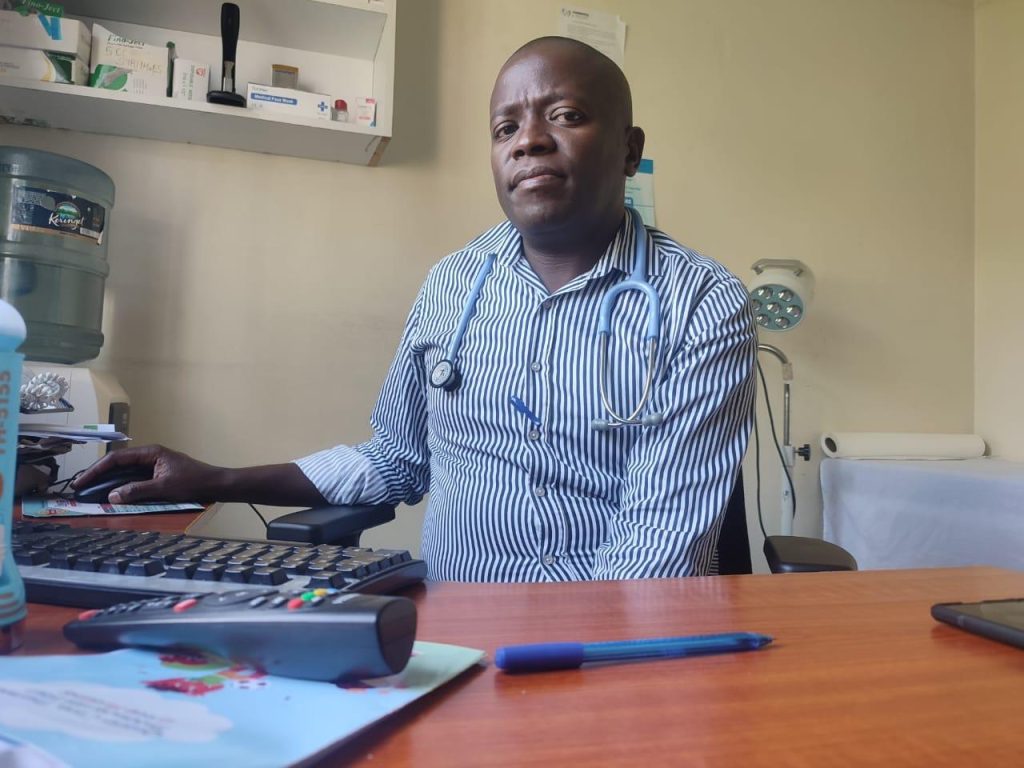
The real effects could manifest in five to 10 years if supply issues persist. “Compromised immunity creates a sickly population. We’ll have young people who can’t attend school daily or work effectively, and the Exchequer will have to allocate huge amounts for treatment, thus hurting the economy,” Dr Korir warned.
Turkana County faces particular challenges. Health CEC Dr Joseph Epem said they’ve encountered stockouts of BCG, Oral Polio, Yellow Fever and Rotavirus vaccines. The pastoral lifestyle of communities creates unique problems for vaccine distribution.
“It’s not as easy as the PS said. The communities here are pastoralist and move even across the border to Uganda; when the babies miss vaccines within the required timelines, where will we follow them up?” Dr Epem asked.
Turkana borders Uganda, Ethiopia and South Sudan, and hosts Kakuma Refugee Camp, which recorded four polio cases and a measles outbreak in 2023. Out of 370 health outreach programmes in Turkana, only 60 remained after the US aid freeze.
This isn’t Kenya’s first vaccine crisis. The country has experienced several shortages over the years, with acute BCG shortages in 2015, 2019, late 2024 into January 2025, and from May this year.
Dr Epem worries that if trends persist, herd immunity goals of 80 per cent and gains against diseases like polio will be reversed.
Jackline Nangami, a Community Health Promoter in Embakasi West, noted that more women are giving birth at home due to confusion about the Social Health Authority (SHA) cover, complicating vaccine access. “Many children are being born at home. Without the Polio and BCG vaccines, these children have been left vulnerable. Even private hospitals rely on the government for vaccines,” Nangami said.
The US aid freeze has worsened the situation. “The aid cuts have affected HIV sensitisation, encouraging mothers to deliver in hospitals to reduce mother-to-child transmission. There’s also a shortage of condoms and antiretrovirals,” Nangami explained.
Dr Korir believes Kenya must end foreign dependency and invest in local manufacturing, as “reactive importations are often too little, too late.”
“Importation is reliant on our agreements with foreign partners. In the event the products are not available, it compromises our children’s health as they can’t attain a fully immunised status. We must establish internal capacity to develop and manufacture these vaccines,” he said.
In 2021, the government established the Kenya BioVax Institute to manufacture vaccines. This month, Cabinet Secretary Duale announced a Ksh64.7 billion joint project with China to position Kenya as Africa’s leader in health product manufacturing by 2028.
However, it remains uncertain whether these initiatives will help vulnerable newborns like Rachel Ayuma’s baby get the life-saving vaccines they desperately need.



